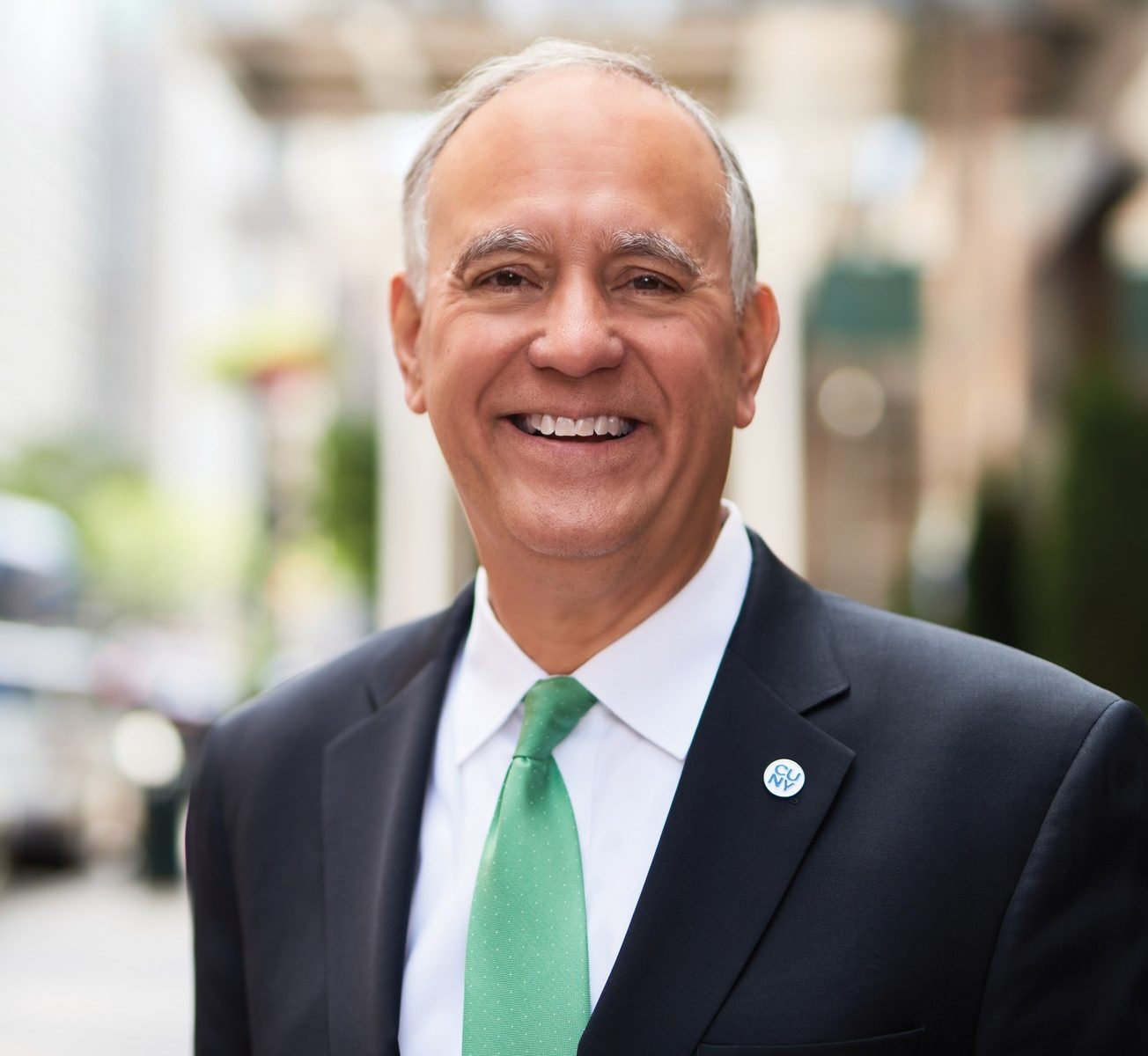In a recent address, Dr. Félix V. Matos Rodríguez, Chancellor of the City University of New York (CUNY), articulated a bold vision for the future of higher education: campuses free of hate. His call to action comes at a time when universities across the nation are grappling with rising incidents of intolerance and discrimination.
Dr. Matos Rodríguez’s vision is rooted in the belief that universities should be bastions of inclusivity, respect, and understanding. “Our objective is to have campuses free of hate,” he declared. This statement underscores his commitment to fostering an environment where all students feel safe and valued, regardless of their background or identity.
To achieve this objective, Dr. Matos Rodríguez outlined several key initiatives. First, he emphasized the importance of comprehensive education on diversity and inclusion. By integrating these topics into the curriculum, students can develop a deeper understanding of different cultures, perspectives, and experiences. This, in turn, can help to dismantle prejudices and promote empathy.
Second, he highlighted the need for robust reporting mechanisms and support systems for those affected by hate incidents. Ensuring that students have a safe and confidential way to report incidents is crucial for addressing and preventing further occurrences. Additionally, providing counseling and support services can help victims recover and feel supported by their community.
Dr. Matos Rodríguez also stressed the importance of community engagement and dialogue. By encouraging open and honest conversations about issues of race, gender, sexuality, and other aspects of identity, campuses can become spaces where difficult but necessary discussions take place. These dialogues can help bridge divides and foster mutual respect and understanding.
Furthermore, he called for accountability at all levels of the university. This includes holding individuals who perpetrate hate accountable for their actions, as well as ensuring that university policies and practices reflect a commitment to equity and justice.
In closing, Dr. Matos Rodríguez urged all members of the university community to take an active role in creating a more inclusive and respectful environment. “It is not enough to simply condemn hate; we must also work tirelessly to build a culture of inclusion and respect,” he said. His message is clear: achieving campuses free of hate is a collective effort that requires dedication, education, and unwavering commitment from everyone involved.
As universities continue to navigate the complexities of modern society, Dr. Matos Rodríguez’s vision serves as a powerful reminder of the essential role that education plays in promoting tolerance, understanding, and unity. Through concerted efforts and a shared commitment to these values, campuses can become true havens of learning and growth for all.

